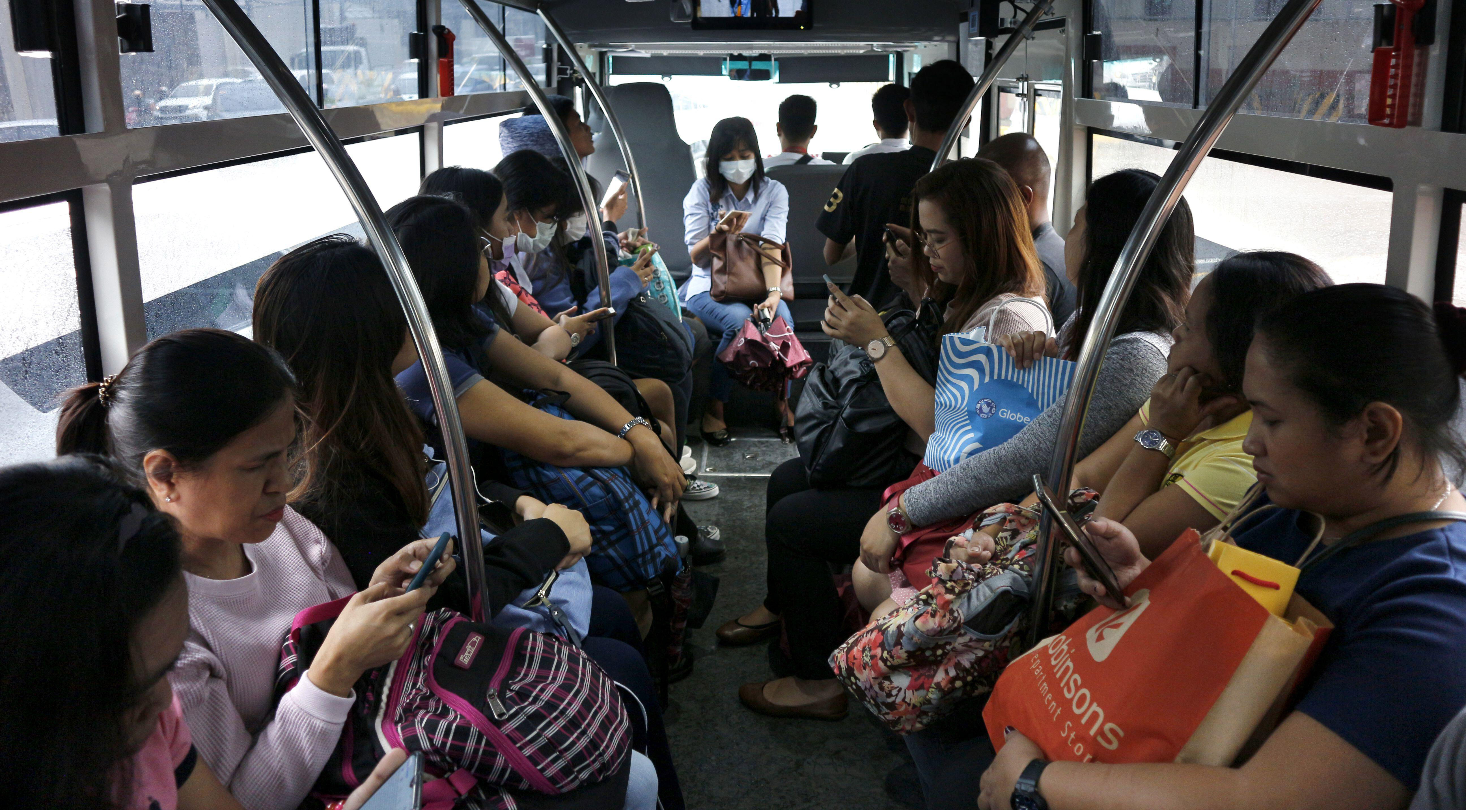In these physically distanced times, we have been pushed online. For many, the pandemic has seen virtual life eclipse engagements IRL (in real life). We socialize, share information, and connect online. Social media usage has soared according to Facebook.
As a leading global peacebuilding organization, with operations in over 25 countries, International Alert is increasingly aware of its responsibility to understand the role and impact of social media where the NGO is active and how digital technologies shape peace and conflict dynamics globally.
Prior to the pandemic, we asked participants in our 2018 Peace Perceptions Poll what enabled them to have more political agency. Social media and technology consistently topped the list. This finding was conspicuous in its juxtaposition to the narrative that social media undermines political systems by enabling disinformation and hate speech and driving polarization. The recently released documentary, The Social Dilemma, neatly crystallizes this narrative.
In a new paper, Realizing the potential of social media as a tool for building peace, we explore the viability and limitations of utilizing social media in peacebuilding by investigating its current use in efforts to transform conflict. We draw perspectives from peacebuilders working in Lebanon, Nigeria and the Philippines. While the limitations are evident, partly due to the significant role of social media in shaping and driving conflict, we suggest that it contributes to peacebuilding in three ways:
- Social media can offer vital perspectives on conflict contexts and inform intervention design. It is a critical data source for actor and conversation mapping around conflict issues.
Peacebuilders gather data on conflict dynamics and trends. For instance, practitioners in Nigeria use social media to map actors and monitor the conversational themes linked to specific hashtags. In Lebanon, peacebuilders are researching social media narratives around refugee–host community tensions, whilst exploring the impact of social media on intercommunity conflict.
- Social media can help amplify peaceful voices while shaping the public and political discourse, including countering fake news and threat narratives.
To combat hate speech, PeaceTech Lab works in close partnership with local peacebuilders and technology experts to identify and monitor hate lexicon on social media. They explain inflammatory language while offering alternative words and phrases that can be used to combat hate speech.
- Social media can be used to create new spaces for people to connect, coordinate, and mobilize around peace. It can be a tool for increasing traditional dialogue.
In our Philippines program, peacebuilders use Facebook groups to informally connect and convene those with shared conflict experiences. These dialogue groups complement offline training. Aware that dialogue conducted solely online is not entirely effective, the program also uses social media as an entry point for recruiting people into in-person activities.
In actuality, social media remains peripheral in peacebuilding programs. We must explore its role in driving conflicts further and more proactively consider its potential to build peace.


